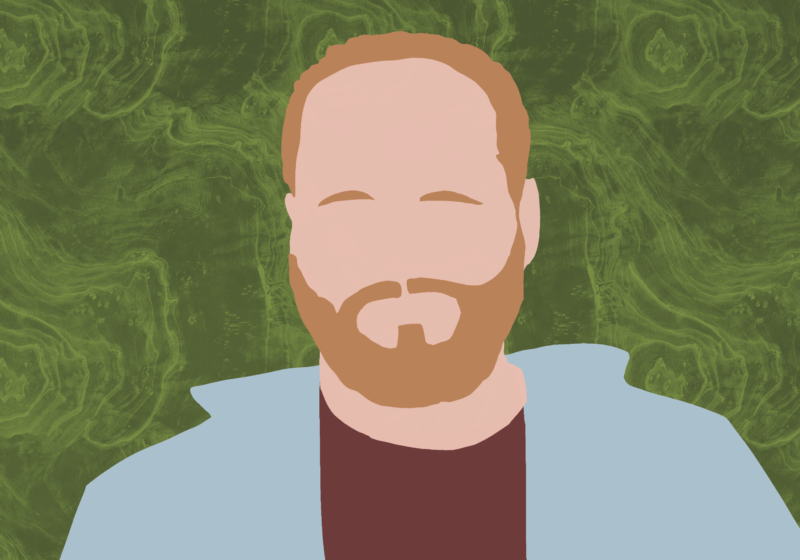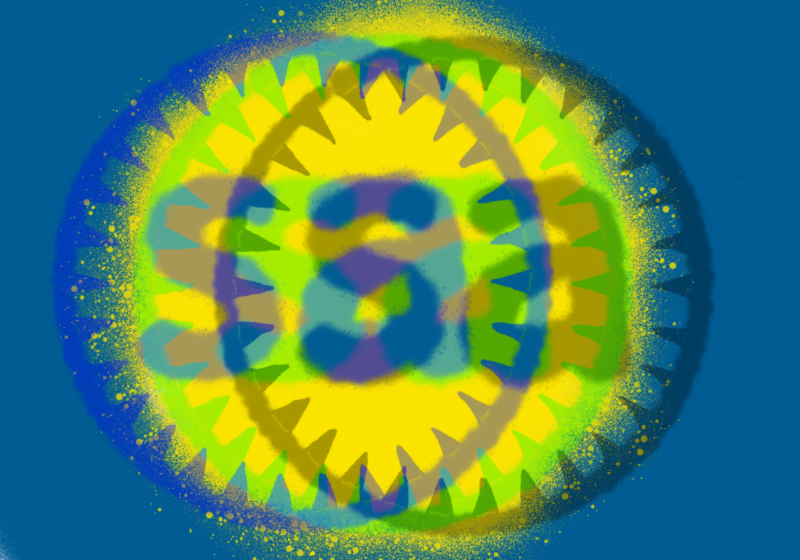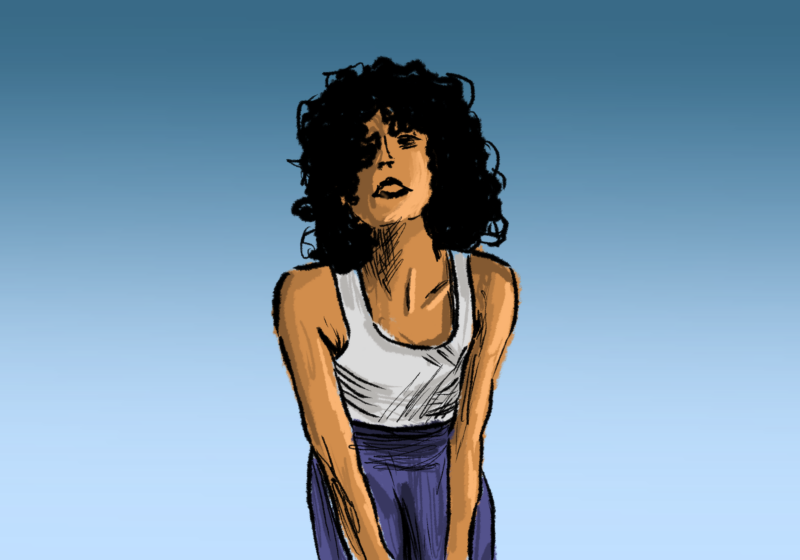Even at the height of Woody Allen’s career, Orson Welles knew what he thought of the man.
“I can hardly bear to talk to him,” he said, over dinner with director Henry Jaglom. “He has the Chaplin disease. That particular combination of arrogance and timidity sets my teeth on edge.”
“He’s not arrogant,” Jaglom protested. “He’s shy.”
“Anybody who speaks quietly and shrivels up in company is unbelievably arrogant,” Welles insisted. “He acts shy, but he’s not. He’s scared. He hates himself, and he loves himself, a very tense situation.”
This quote was first brought up to me two months ago, referring to none other than Joss Whedon. Whedon has ridden a roller coaster of public opinion these past 25 years, beginning with his stint as writer and producer of hit TV show “Buffy: the Vampire Slayer,” and most recently culminating in an investigative feature by Lila Shapiro, titled “The Undoing of Joss Whedon.”
Some notable pit stops along the way, as detailed in the same article, include allegations of threatening and sometimes abusive behavior toward actresses and writers alike, an open letter by his ex-wife exposing his manipulative behavior while they were married, and questions about whether he was really the feminist hero he built his brand on during the height of his career.
He mostly relied on jokey self-deprecation whenever asked to address those controversies. When asked about allegations by actress Gal Gadot that he had threatened her on the set of “Wonder Woman,” he argued she had simply misunderstood him, saying, “English is not her first language, and I tend to be annoyingly flowery in my speech.” He defended himself from accusations of creating a hostile and humiliating work environment, saying he was not as “civilized” in those days.
He twice scurried off to the bathroom after being asked questions that could potentially lead to unsatisfactory offhand answers in the eyes of the public. On accident, Whedon let slip to Shapiro that he had once been advised “to pretend he needed to pee if he felt uncomfortable with a question.” Though Whedon often strategically plays at humility and evasion, his real ire is reserved for others, like when he responded to actor Ray Fisher’s accusations of racism by calling him a “malevolent force” and “a bad actor in both senses.”
In Whedon’s defense, he’s probably not accustomed to being asked to explain himself. Back in the days of “Buffy” and “Firefly,” his particular brand of nightmare-bubblegum pop-feminism slid under the radar, allowing him to bask in the glow of public opinion without ever having to justify his more questionable decisions. Nowadays, the standards for men writing about women are (only marginally) higher than what Whedon is capable of, which has significantly sunk his stock. This means his only line of defense between himself and the public is… himself.
This is extraordinarily inconvenient for him, considering deflection and self-flagellation — the only ways he knows how to respond to criticism — have gone the way of vampire romances and scrappy underdog author-inserts since the 2000s.
It’s tacky, Joss.
You can only have so many hit TV shows, write so many limp romantic subplots in so many billion-dollar Marvel movies, and harass so many much-younger actresses before we stop accepting that you’re just too insecure to realize the power you hold. It’s been 25 years since “Buffy.” You haven’t known obscurity since you last had hair on your head. So why is your every defense of yourself — right down to those in Shapiro’s article, written two weeks ago at the time of this article’s publication — predicated on your humility?
On Whedon’s affairs with actresses, Shapiro writes: “He had been surrounded by beautiful young women — the sort of women who had ignored him when he was younger — and he feared if he didn’t have sex with them, he would ‘always regret it.’”
Whedon sees himself as a feminist because he idolizes the feminine, but that creates a deep insecurity within him that can’t be healed by simply outgrowing the rejection. He seeks revenge on women who were still learning to add and subtract when his original wounds were inflicted. All he asks in return for the production of his pseudo-feminist, self-aggrandizing art is that he be worshipped as a god, because as a man, he doesn’t really hold up to criticism.
Joss Whedon, now more than ever, is scared. He hates himself, and he loves himself.
He has the Chaplin disease. It’s not terminal, but it might as well be; Whedon is much too proud and much too insecure to do anything about it.






